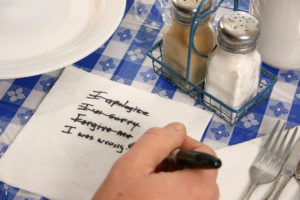From Jone Lewis – How you can contribute to platforms
Lots going on right now at BSEC, and we’re at the edge of making our platforms even better! Here are some ways you can contribute:
1) MUSIC: The Sunday Committee voted to form a Music Subcommittee to help bring live music including community singing to more platform meetings. We’ll schedule a first meeting soon, but want to make sure we include everyone who is interested — from performing to leading songs to joining (maybe!) a chorus to helping keep this effort organized. If you’d like to be included in the planning meetings or just like to be involved in some way, click here to respond or send an email to me at jone.bsec@gmail.com with MUSIC in the title.
2) RECORDING PLATFORM TALKS: BSEC would love to move into the 21st century and have audio and/or video of our great platform talks online so we can see them again and so that people who weren’t there can see them. That will take a few volunteers willing to learn to use a fairly simple video camera that the Society would provide to “film” platforms, and/or manage an audio recorder to be sure that it’s present and turned on during the platform talk. Then, and this could be a different person, take the recorded video or audio, and edit it slightly to begin and end smoothly, and then upload to a designated location on the internet where our website can link to it. We can train you to do that, if you’ve got a desktop or laptop computer with sufficient power. Ideally, we’d find four or more people willing to do this for most talks (not colloquys which are more personal). We can draw on the experience of other Societies to make this successful and not too difficult. — most of them use volunteers for this task. Are you interested? Need more information? Please click here to respond or email me at jone.bsec@gmail.com and put RECORD PLATFORMS in the subject line, please.
3) MANAGING THE SOUND BOARD: Wouldn’t it be great on a Sunday if we had an assigned person of 5 or 6 people who are knowledgeable and skillful about how to work our sound system, so there are fewer glitches and some ease in handling the glitches that do arise? Here‘s a job that usually takes just a few minutes on a Sunday, and with training is pretty simple. It does mean being there when you’re scheduled and being in the room to handle the changes in volume required for different parts of the program. Or you could volunteer to the be the person to keep this organized, scheduling and reminding volunteers. Training in using the sound board and sound system will be provided, and you’ll learn about how to handle any upgrades and changes that are made later. Platform presiders are urged to take this training, too. Please click here to respond or email me at jone.bsec@gmail.com and put BSEC SOUND in the subject line, please.
Thanks for thinking about whether you can help make our platforms better and more available!


